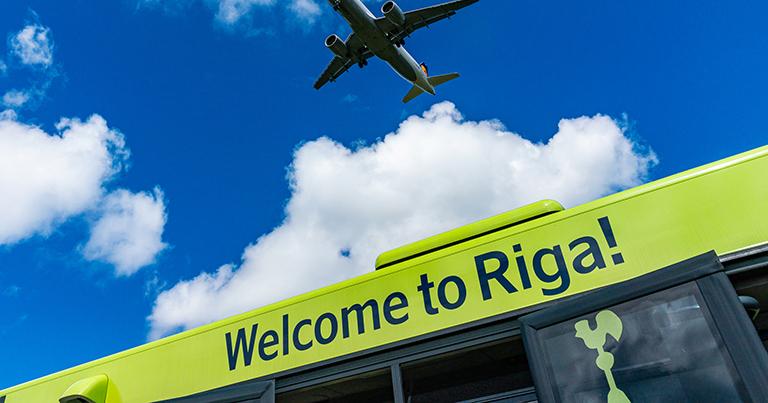
RIX Riga Airport has started work on the its new Master Plan and its strategic environmental impact assessment. The updated Master Plan will include guidelines and recommendations for the development of Riga Airport over the next 40 years, forecasting changes in traffic volumes and the appropriate development of the airport territory and infrastructure up to 2050 and beyond.
“Riga Airport will continue to be Latvia’s air gateway to the rest of the world, and in the new long-term Master Plan we will strengthen our strategic vision to be a Northern European air hub, contributing to Latvia’s competitiveness in the region,” said Laila Odiņa, Chairperson of the Board, RIX Riga Airport. “This can only be achieved through timely and targeted planning of the airport’s development as an international hub, convenient and safe connections for passengers and business, creating new jobs and opportunities for business development.”
The plan will be developed in accordance with the guidelines of the ICAO Airport Development Manual, assessing the main political, economic, social, technological, environmental and other factors affecting the economic performance and competitiveness of the airport.
An integral part of Riga Airport’s long-term Master Plan will be the development of operations and infrastructure necessary to meet the EU’s Green Deal, climate neutrality, and sustainability objectives. The first goal of the company’s sustainability strategy is to achieve climate neutrality by 2035.
Opportunities and solutions for digitalisation and automation will be considered and proposed in the development of infrastructure and scenario planning. The airport’s own land plots, as well as surrounding areas, will also be evaluated to assess their necessity for the airport’s future development, considering factors affecting local municipalities, including territorial development plans and zoning.
The plan will be prepared over the next 18 months by Spanish engineering and consultancy company INECO and Latvian environmental engineering services company VentEko.








